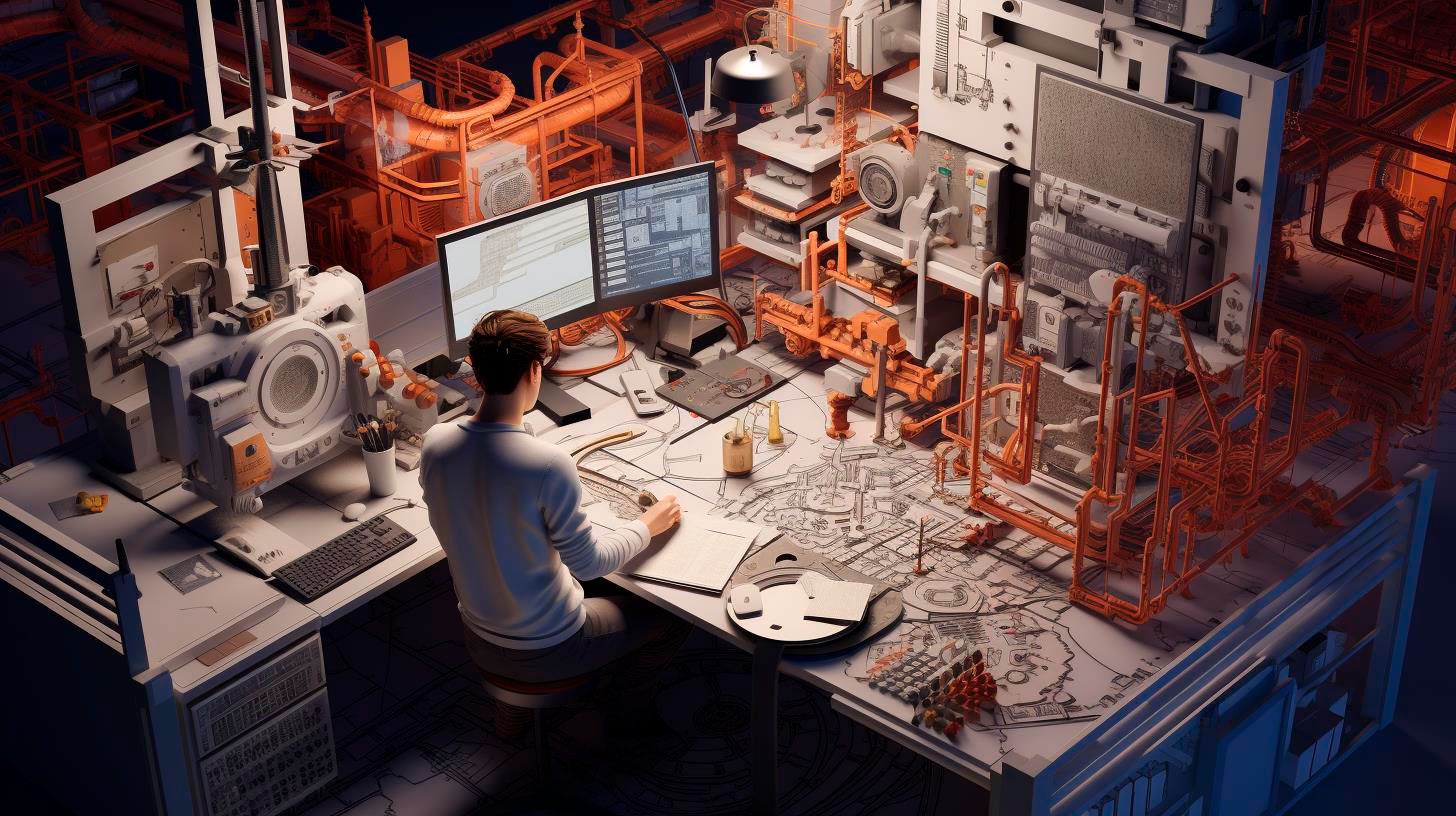In this blog article, we will explore the influence of nuclear power on a low-carbon economy and the benefits it brings to the table.
The Role of Nuclear Power
Nuclear power plays a significant role in achieving a low-carbon economy. Unlike fossil fuels, nuclear power does not emit greenhouse gases during its operation. According to the International Energy Agency (IEA), nuclear energy accounted for around 10.5% of global electricity generation in 2019, avoiding the emission of approximately 6 billion metric tons of carbon dioxide. This statistic alone highlights the positive impact nuclear power has in reducing greenhouse gas emissions.
In addition to its carbon-free nature, nuclear power also offers other advantages:
- Reliability and Baseload Power: Nuclear power plants provide a reliable and consistent electricity supply, as they can operate continuously for extended periods. This baseload power capability ensures a stable energy grid, supporting the integration of intermittent renewable energy sources.
- High Energy Density: Nuclear power has a much higher energy density compared to other renewable energy sources. A single uranium fuel pellet, about the size of a fingertip, can produce as much energy as around 150 gallons of oil or one ton of coal. This compactness makes nuclear power an efficient alternative.
- Reduction in Air Pollution: By replacing conventional fossil fuel power plants, nuclear power significantly reduces air pollution, including emissions of sulfur dioxide, nitrogen oxides, particulate matter, and other harmful air pollutants. This improvement in air quality positively impacts public health and the environment.
Nuclear Power and Economic Growth
Nuclear power has a significant influence on economic growth, both in terms of job creation and investment opportunities. The construction, operation, and maintenance of nuclear power plants create employment in various sectors, such as engineering, construction, manufacturing, and operations. According to the Nuclear Energy Institute, the U.S. nuclear industry alone supports around 475,000 jobs, directly and indirectly.
Furthermore, nuclear power establishes a stable and long-term source of energy, attracting investment in the energy sector. This commitment to a low-carbon future and reliable electricity supply builds investor confidence and enhances economic growth. According to a study by the International Atomic Energy Agency (IAEA), every billion dollars invested in nuclear power plants generates around 20,000 person-years of employment and contributes to various industries, including steel, concrete, and machinery.
Key Takeaways
- Nuclear power, as a carbon-free energy source, plays a crucial role in achieving a low-carbon economy and reducing greenhouse gas emissions.
- Nuclear power offers reliability, baseload power capability, high energy density, and a significant reduction in air pollution.
- Employment opportunities and economic growth are fostered through the construction, operation, and maintenance of nuclear power plants.
In conclusion, nuclear power is a vital component of a low-carbon economy. Its carbon-free nature, along with reliability, high energy density, and positive impact on air pollution, make it a compelling choice for achieving sustainable energy goals. Furthermore, through job creation and attracting investment, nuclear power contributes to economic growth. Embracing nuclear power as part of the energy mix is crucial for a transition to a low-carbon future.
For more information on the benefits of nuclear power, visit the Nuclear Energy Institute.
